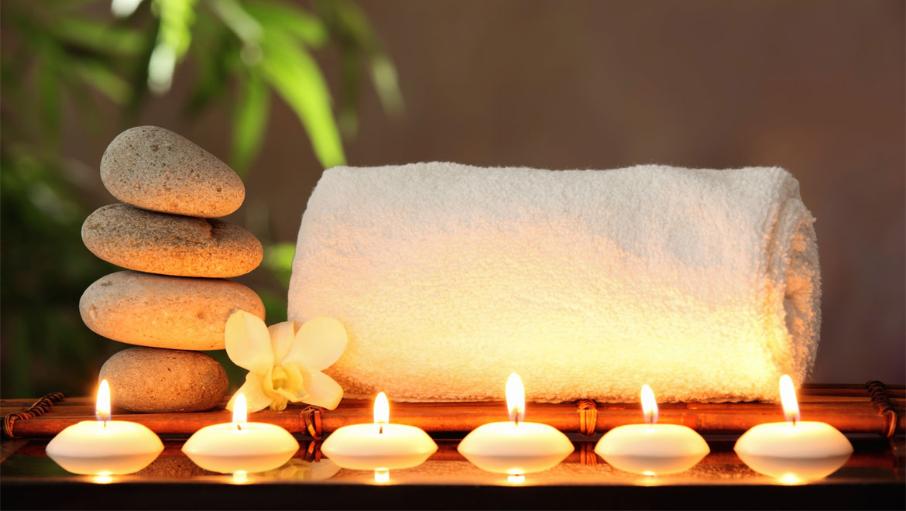In the hustle and bustle of our modern lives, stress has become an unwelcome companion for many, taking a toll on our physical and mental well-being. Amidst the myriad of remedies available, one age-old practice stands out for its remarkable ability to elevate mood and promote overall well-being: massage therapy. Beyond the soothing touch and muscle relaxation commonly associated with massages, there exists a profound connection between this ancient healing art and the enhancement of mood. The benefits of massage extend far beyond mere physical relief; they delve into the realms of mental and emotional rejuvenation, offering a holistic approach to wellness. At its core, massage therapy triggers the release of endorphins, often referred to as the body’s natural feel-good chemicals. These neurotransmitters act as potent mood enhancers, reducing stress and anxiety while promoting an overall sense of happiness and relaxation. The gentle pressure applied during a massage stimulates the nervous system, prompting the release of endorphins that flood the body, creating a euphoric sensation.

This natural high not only provides immediate relief but also leaves a lasting impact, contributing to a more positive outlook on life. Moreover, massage has been shown to reduce cortisol levels, the infamous stress hormone that can wreak havoc on both our physical and mental health. By calming the nervous system and inducing a state of deep relaxation, massage helps regulate cortisol production, preventing its detrimental effects on the body. As cortisol levels decrease, so does the feeling of stress and tension, making way for a lighter, more buoyant mood. The power of touch in massage also plays a pivotal role in enhancing emotional well-being. Human touch has a profound impact on our psyche, fostering a sense of connection and promoting emotional balance. During a 마사지, the physical contact between the therapist and recipient creates a therapeutic bond that transcends the tactile experience. This connection is essential for reducing feelings of isolation and loneliness, common culprits of mood disorders.
The nurturing environment of a massage session provides a safe space for individuals to relax, let go of emotional baggage, and experience a profound sense of serenity. Furthermore, the physiological changes induced by massage extend beyond the massage table, influencing sleep patterns and quality. Many individuals who struggle with mood disorders also face sleep disturbances, exacerbating their emotional challenges. Regular massage has been shown to improve sleep by promoting relaxation and reducing insomnia, contributing to an overall improvement in mood and cognitive function. In conclusion, the mood-boosting benefits of massage are far-reaching and multifaceted. From the release of endorphins to the reduction of cortisol levels and the therapeutic power of touch, massage therapy offers a holistic approach to emotional well-being. In a world where stress and anxiety often dominate, taking the time to indulge in the healing touch of massage is not merely a luxury but a proactive step towards cultivating a happier, healthier, and more balanced life.